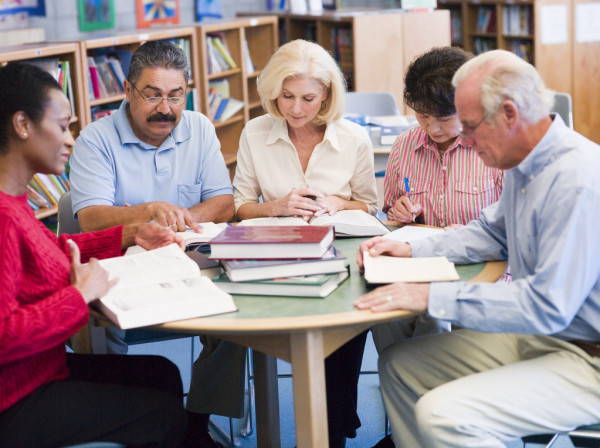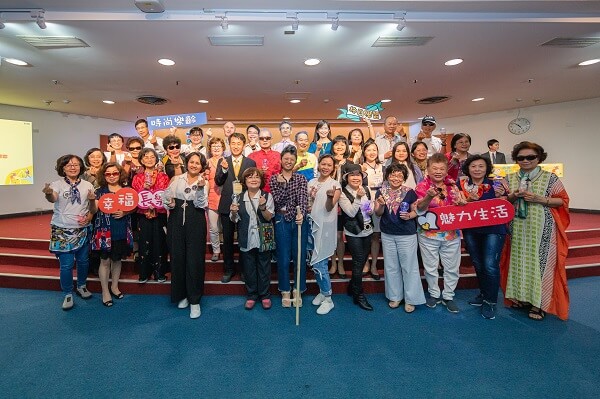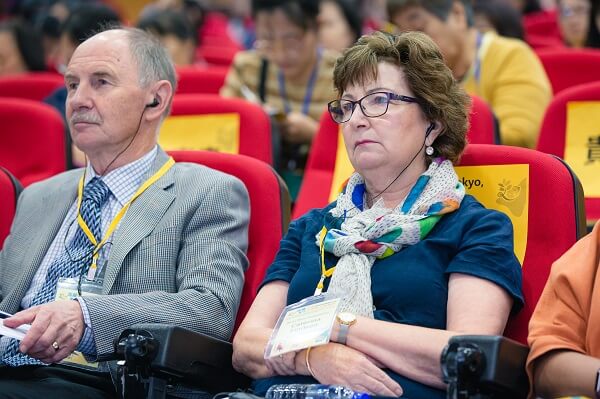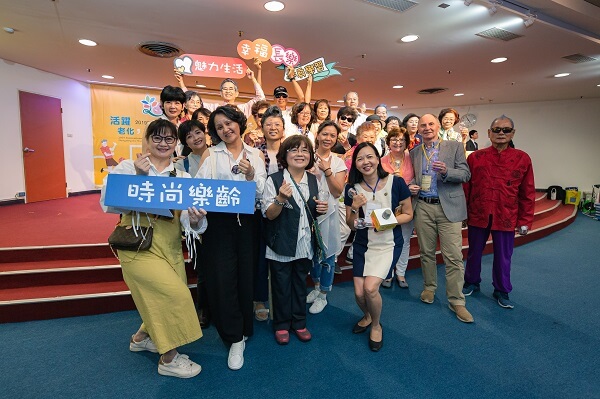About Brian
Brian Findsen
Brian
Findsen
I consider myself to be a fortunate person. I have a loving family (wife, Caterina to whom I have been happily married since I met her in high school days; two children, four beautiful grandchildren ranging in age from 6 to 12) and a profession which I have been passionate about since my late 20s when I became first acquainted with continuing education at the University of Waikato in the 1980s.
I was a student at the University of Waikato in the 1970s and undertook a fast-track Diploma in Teaching at the then Hamilton Teachers’ College and subsequently taught in primary/intermediate schools for five years.


manager, teacher,
researcher
My “big break” came when I completed my MA part-time (English) and won my first job in adult education at the Centre for Continuing Education at the University of Waikato.
After a few years I took my family to the USA to study for a doctorate in education (adult education; sociology) at North Carolina State University, Raleigh, in the mid 1980s.
Subsequently I have worked in adult/higher education at Waikato, Auckland , AUT and Glasgow University before returning to New Zealand in 2004 to take up the position as the pioneer director of the Waikato Pathways College at Waikato. I have been a manager, teacher, researcher, supervisor in the above positions.
Since retirement from the University of Waikato in mid 2019 I have worked on site in Taiwan with colleagues in the area of active ageing learning, culminating in the publication by Springer, Taiwan’s Senior Learning Movement in 2022. Aside from other academic work, I volunteer as Chair of the Age Friendly Hamilton Steering Group.

The first step in my working with you is to contact me to begin a conversation for a needs assessment exercise.
64 (0)21 0819 5972
brianfindsen@gmail.com



valuing lifelong Learning
valuing lifelong
Learning
My focus has always been on valuing lifelong learning, believing that anyone should have access to learning/education opportunities at any point in life. Most of my publications have been concerned about social equity and social justice issues in lifelong learning – who gets what kind of education? To answer this question we must consider the economic, cultural and social contexts of how people live and learn.
Too many people have limited opportunities because of their location in the social structure (gender, race/ethnicity, social class, age, sexual orientation etc) and the function of the state/government in providing resources. Much of my attention has been on older adults (usually 65+) and the kinds of learning they engage in and what limits their active participation in society.